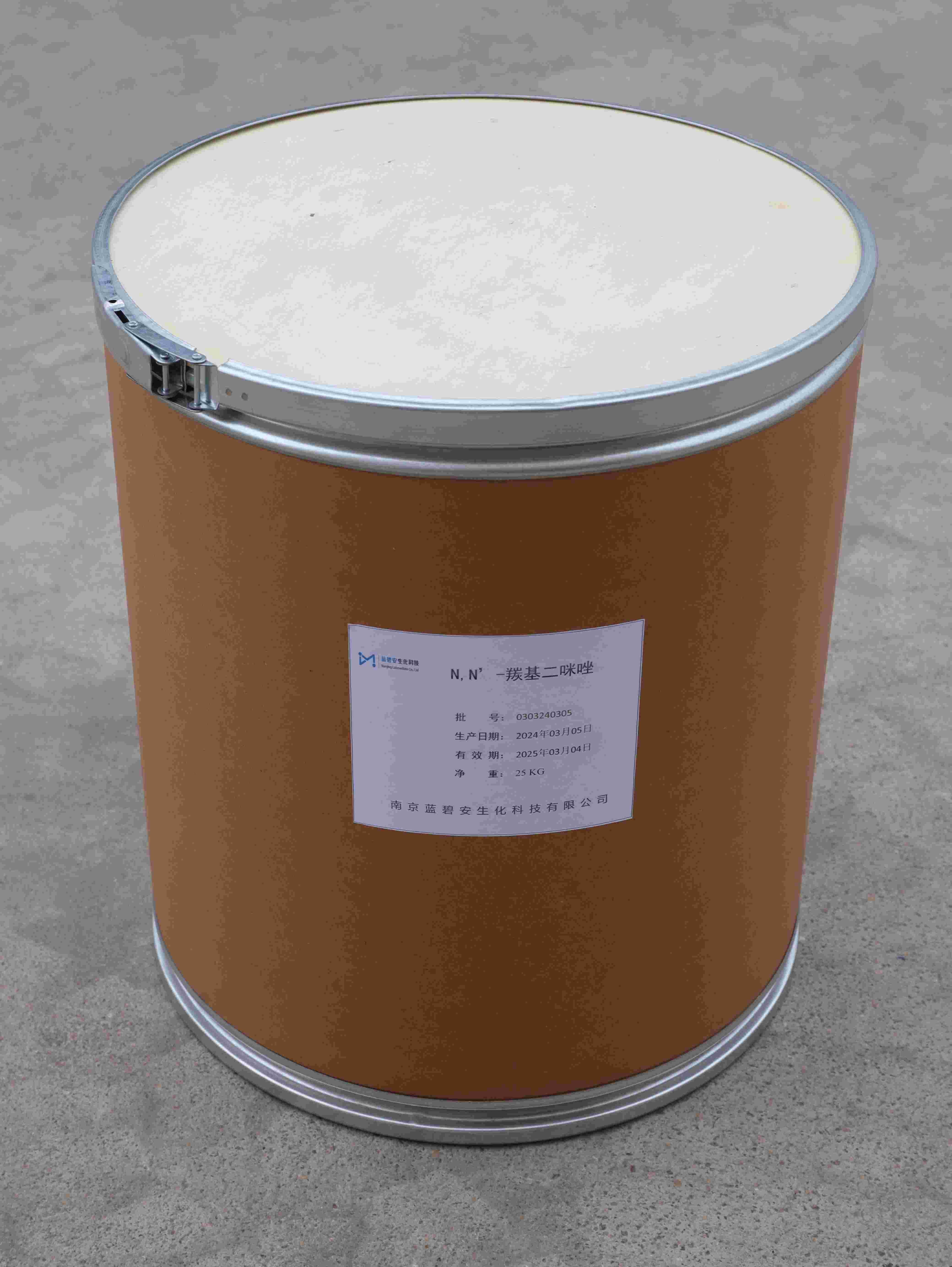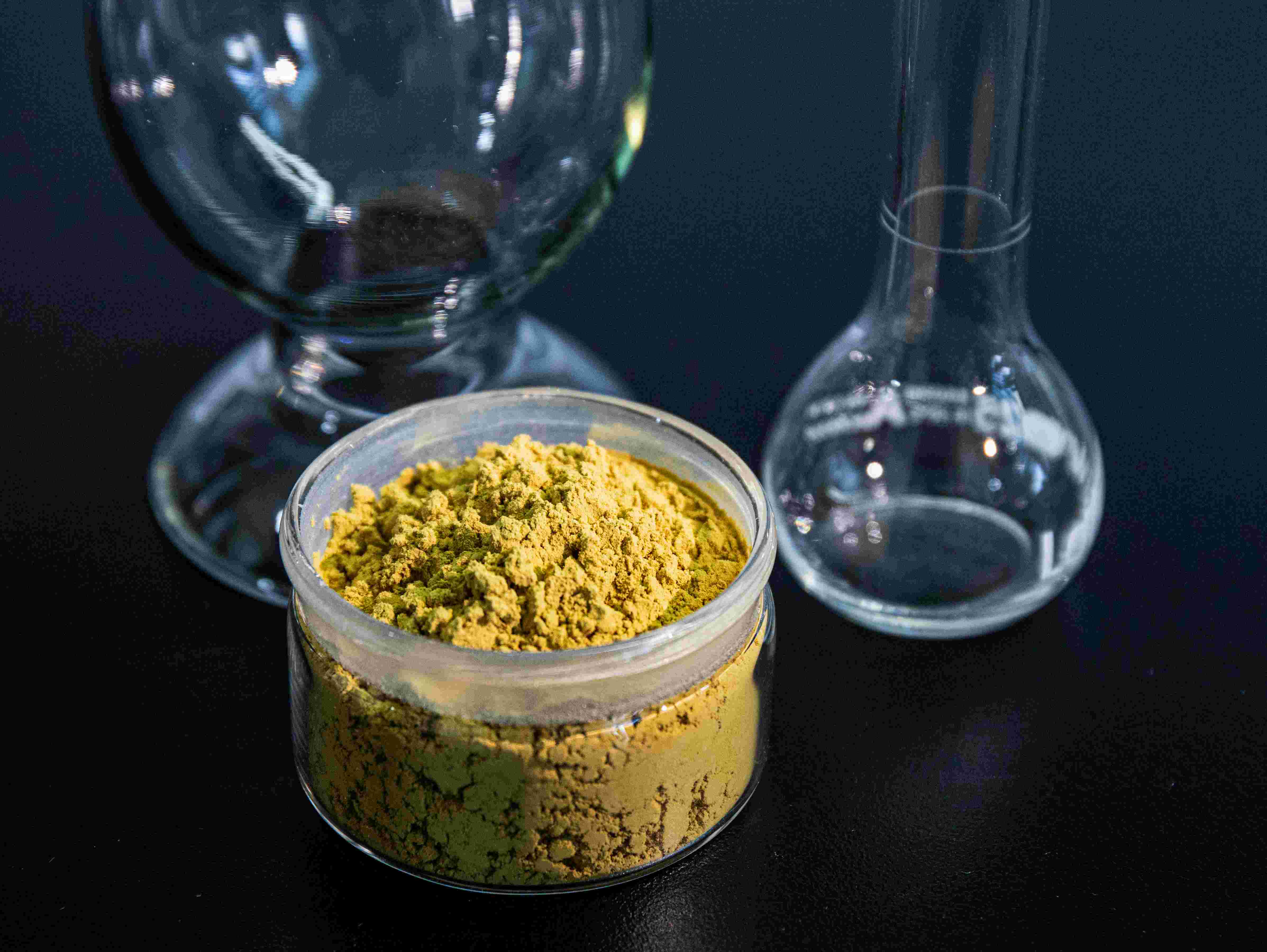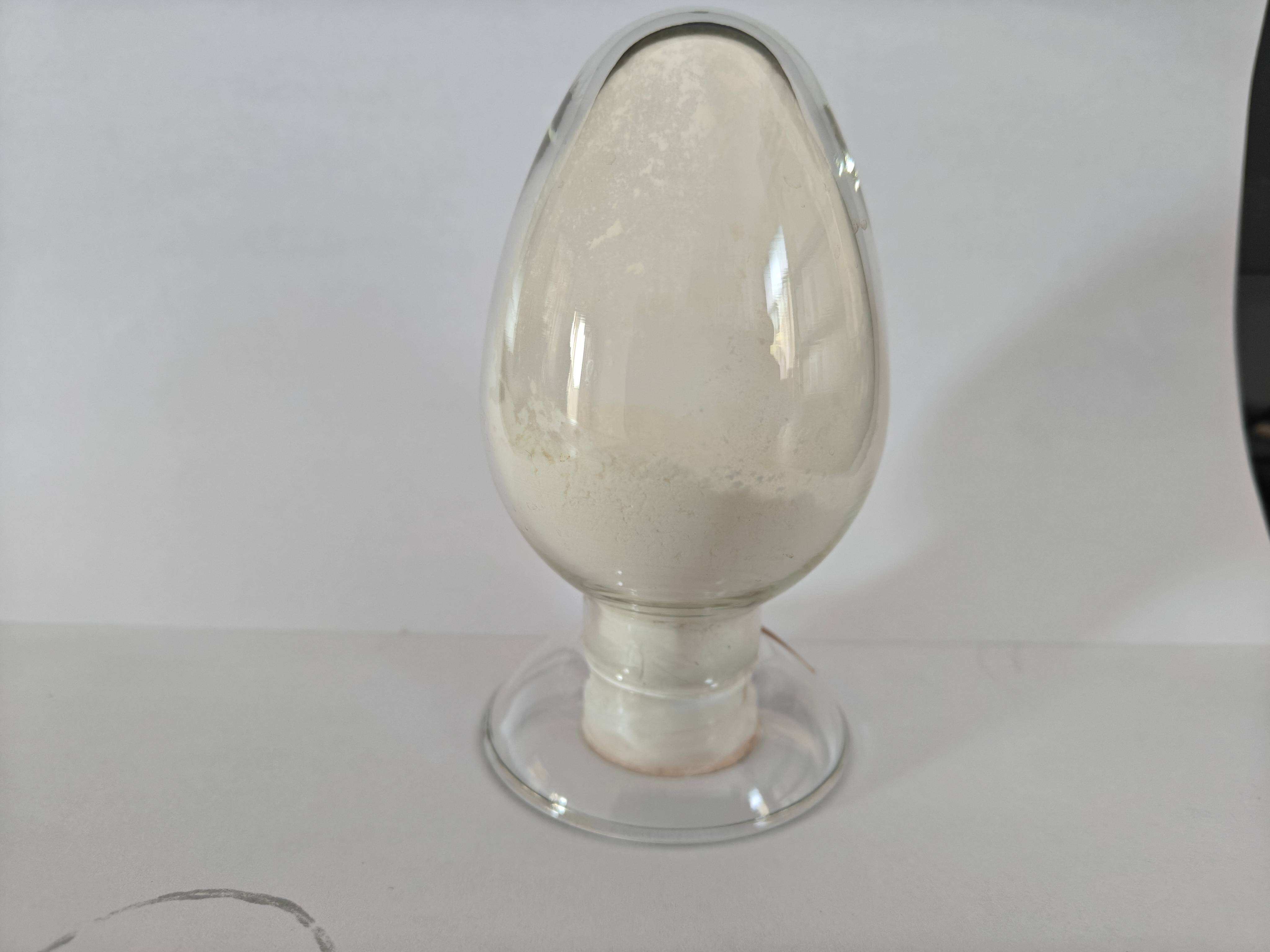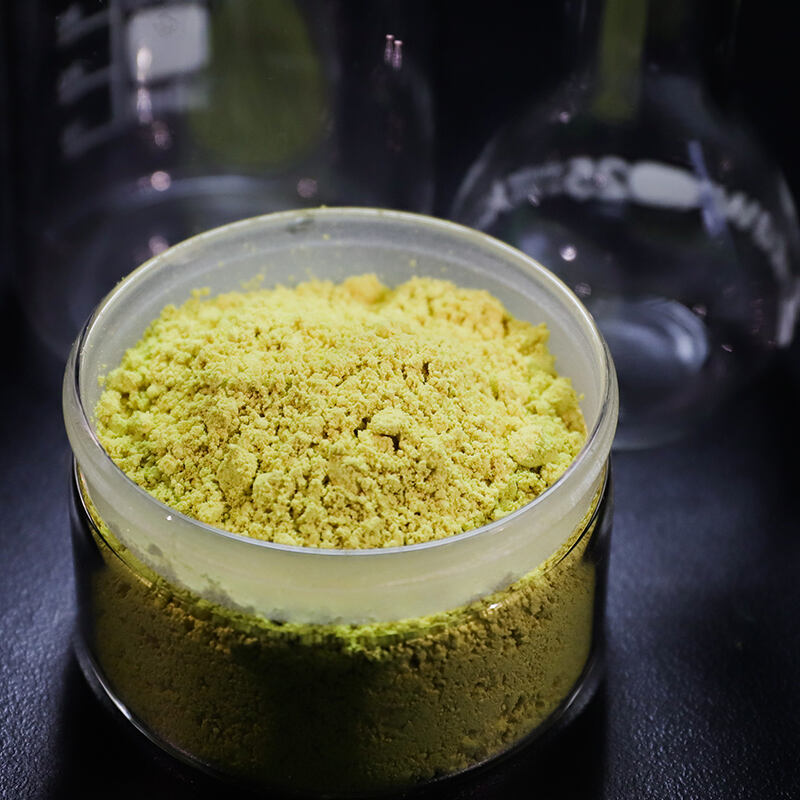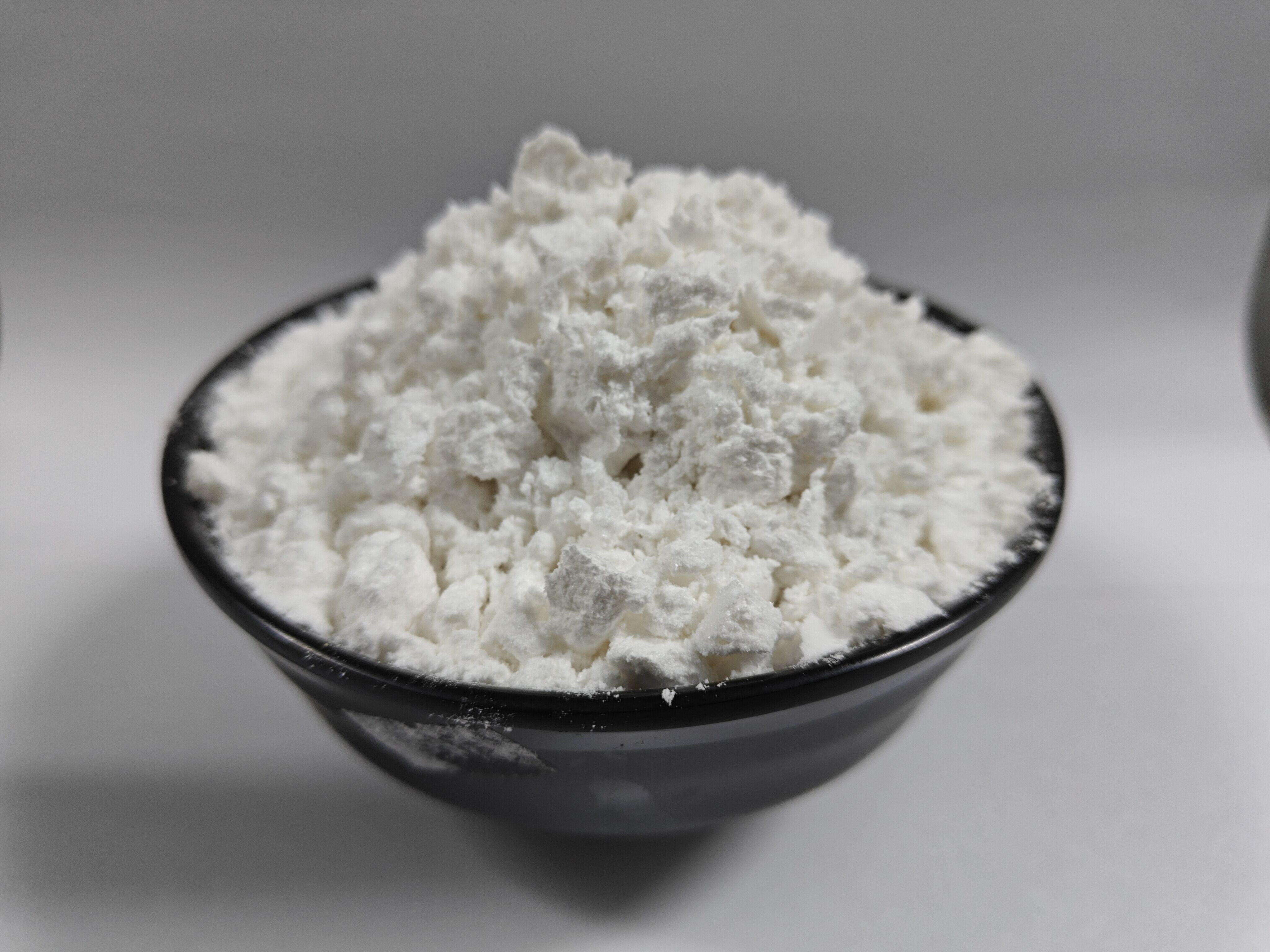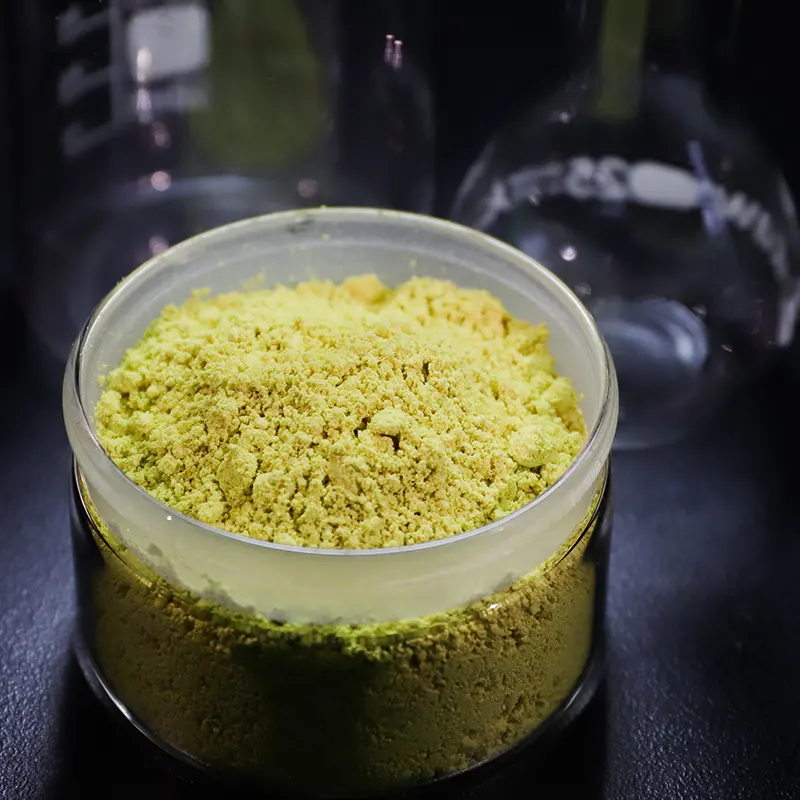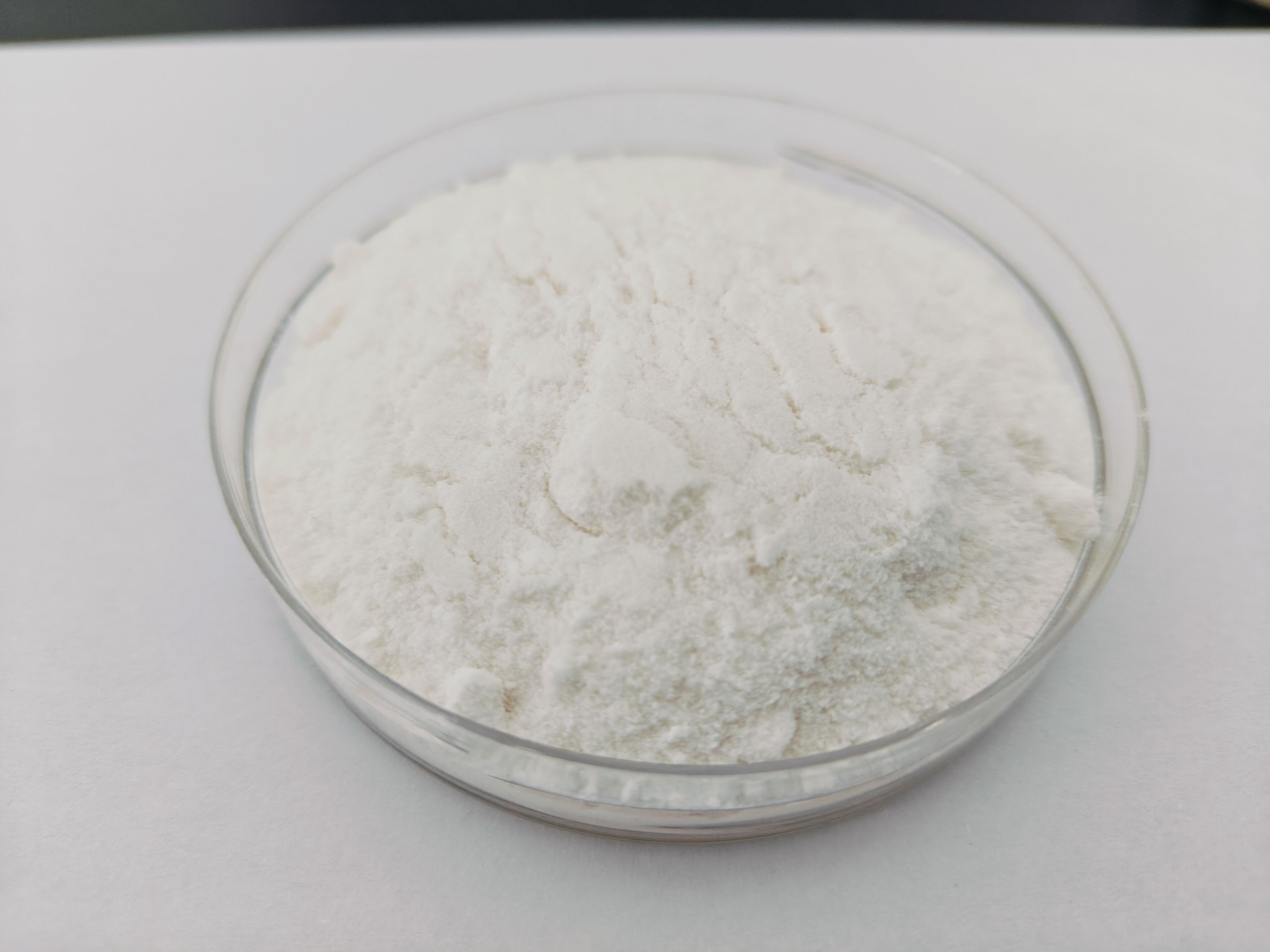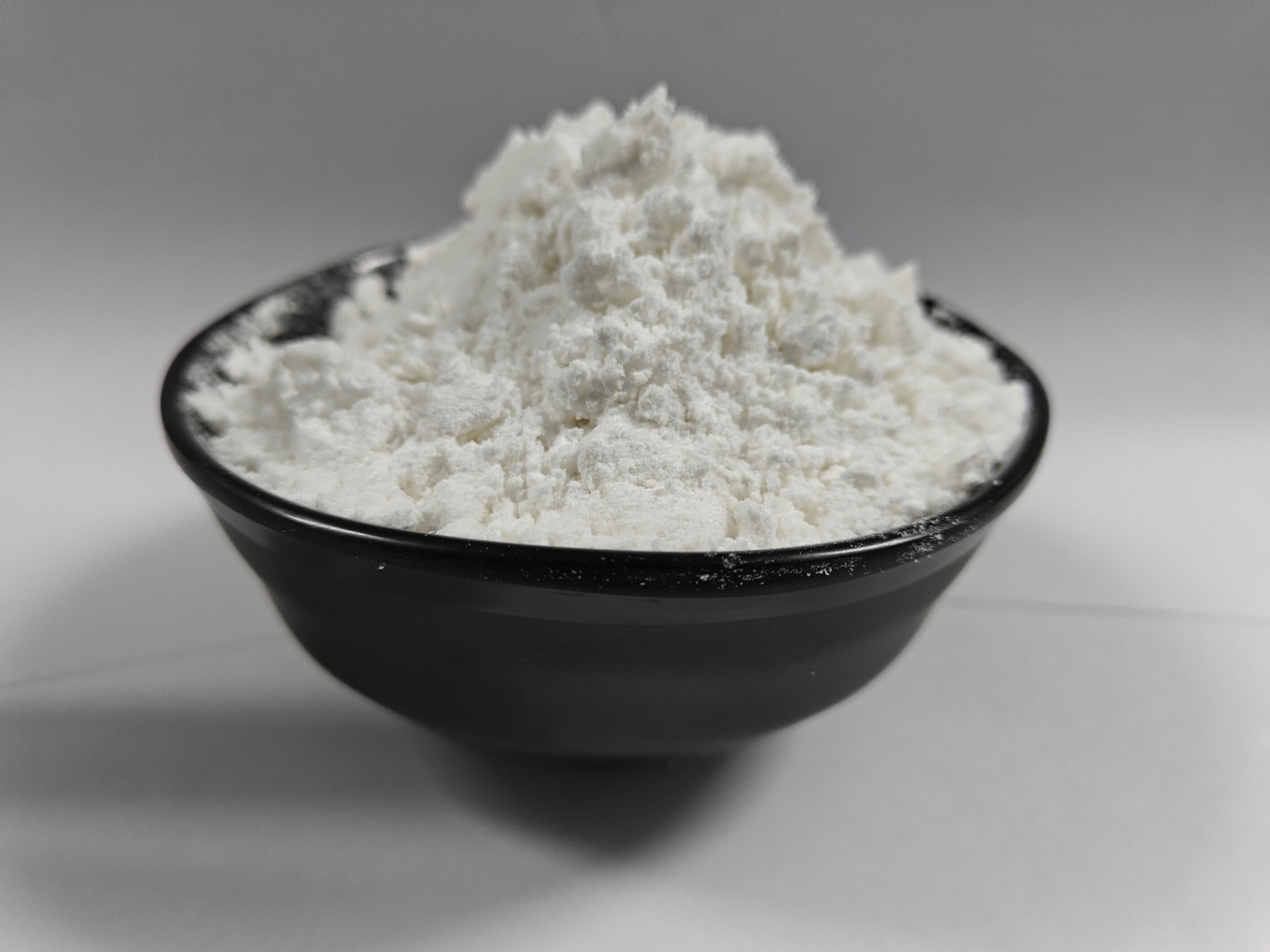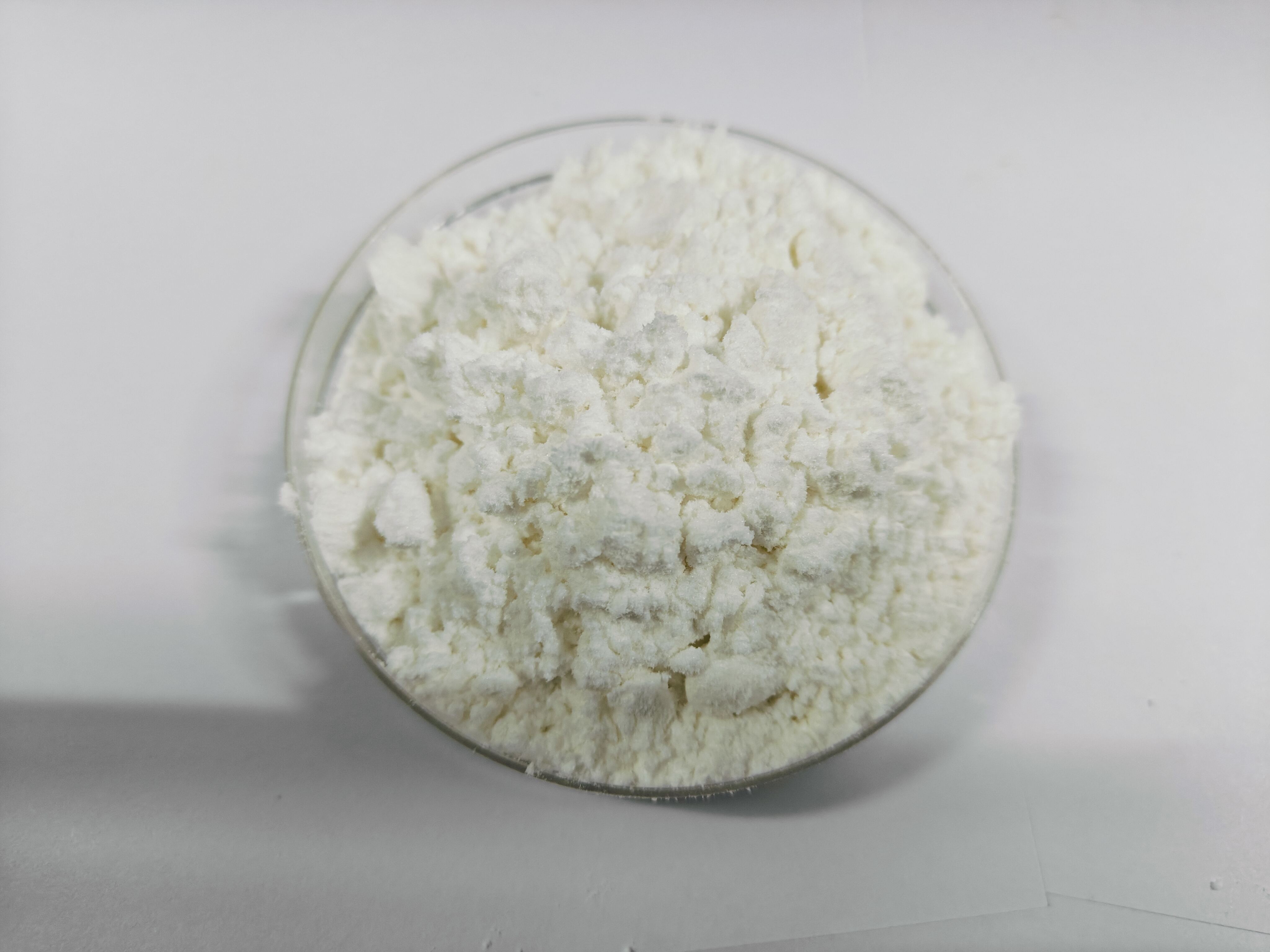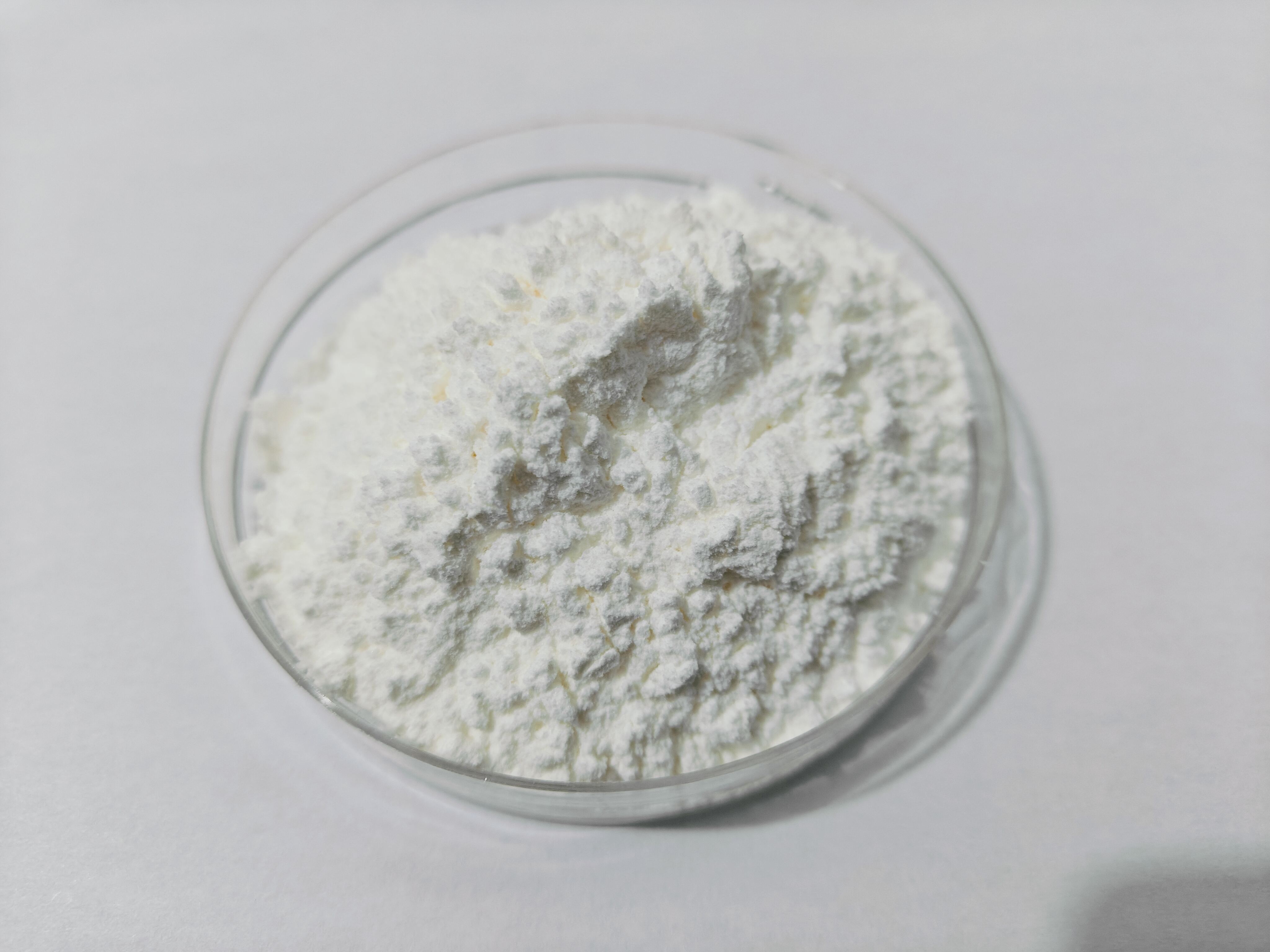molding condition
Molding condition refers to the essential parameters and environmental factors that directly influence the quality and consistency of manufactured parts in injection molding processes. These conditions encompass temperature control, pressure settings, cooling time, material flow rates, and other critical variables that must be precisely managed to achieve optimal production results. The technology involves sophisticated monitoring systems that maintain strict control over the entire molding cycle, from material preparation to final part ejection. Modern molding condition management systems incorporate advanced sensors and real-time data analysis to ensure consistency across production runs. These systems can automatically adjust parameters based on feedback loops, maintaining optimal conditions even as external factors change. The application of proper molding conditions extends across various industries, including automotive parts manufacturing, consumer electronics, medical devices, and packaging solutions. By maintaining precise control over these conditions, manufacturers can achieve higher quality products, reduce waste, and optimize production efficiency. The technology also enables the processing of a wide range of materials, from standard thermoplastics to engineering-grade polymers, each requiring specific condition sets for optimal processing.

